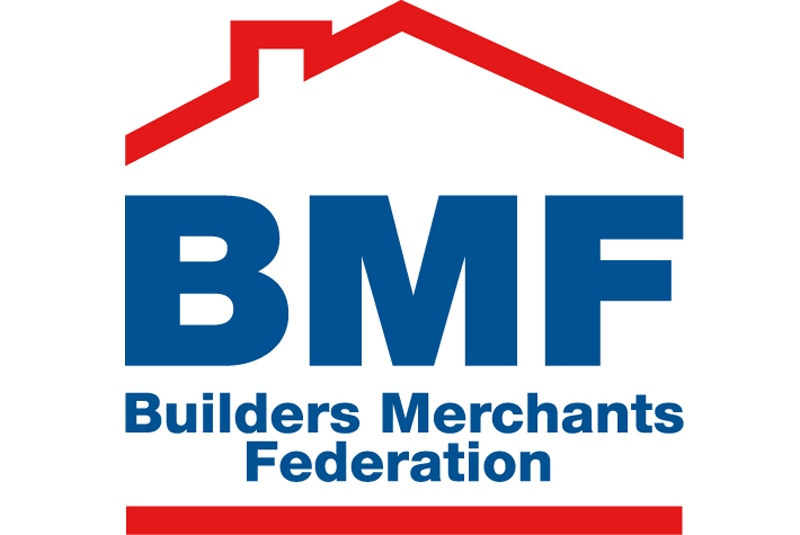
The Environment Secretary, Michael Gove MP, has published the Government’s long-awaited plan to improve air quality by tackling roadside nitrogen dioxide pollution from diesel engines.
Ministers confirmed that they will end the sale of all new conventional petrol and diesel cars and vans by year 2040 as part of wider proposals to improve air quality as quickly as possible.
Responding to the announcement, John Newcomb, BMF Chief Executive Officer, commented: “The Builders Merchants’ Federation welcomes the Government’s ambitions to improve air quality. By signalling that any action must not be done at the expense of local businesses, we are pleased to see they have taken on board our members’ concerns and are choosing a sensible approach.
“The BMF has consistently raised concerns that Clean Air Zones represent another burden on our merchants who have no choice but to use diesel vehicles to deliver heavy materials which are, literally in some cases, the building blocks of local growth. We are pleased that ministers have reiterated that charging zones should be the last resort.
“As the proposals show, the problem is highly localised in nature. That validates our long-held view that better traffic management will ease pollution by reducing stop/start driving and the formation of queues. Changes to the phasing of traffic lights, and road layouts and junctions, will also help.
“The BMF is keen to play its part in improving air quality and we look forward to working with national and local government to reduce roadside emissions.”
Mr Gove was giving his formal response to a consultation by his Department for Environment, Food and Rural Affairs that the High Court ordered to be carried out – during the General Election campaign – because DEFRA has failed to bring down air pollution to within legal limits.
Diesel emissions are the main cause of pollution but those from home heating and excavators & bulldozers on construction sites are also involved. Several English local authorities are considering establishing Clean Air Zones to comply with EU and UK law. They want to restrict access based on the type of fuel or vehicle – and businesses are faced with possible entry charges in future. The first cities considering such a move are Leeds, Derby, Nottingham, Birmingham and Southampton.









